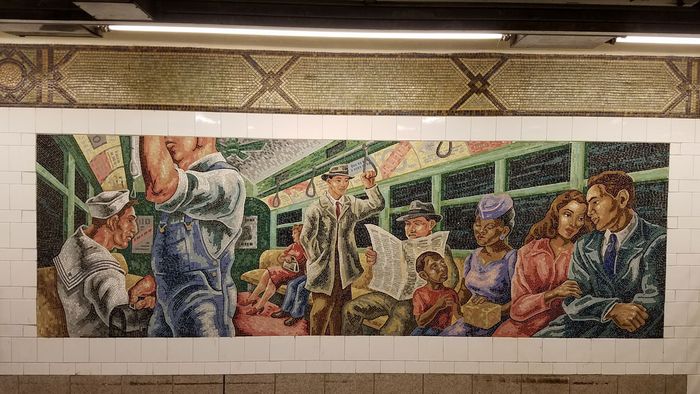
I wrote a post over on the Mapzen blog that I think came out nicely.
The territory means different things to different people. Depending on your perspective, the kinds of data that are captured about places may be missing, insufficient, or downright hostile. Who’s On First is opinionated_—like all datasets, no collection is truly unbiased—but we hope to be aware of when we’re asserting our own opinions about places and create a framework where a polyglot of _place-feels will be welcome.
The multifaceted maps we make simply reflect the weird and wonderful territory they represent.
I’m going to be adapting this as a talk at csv,conf. If you’ll be in Portland May 3, come out and say hello. (Bring your CSVs!)